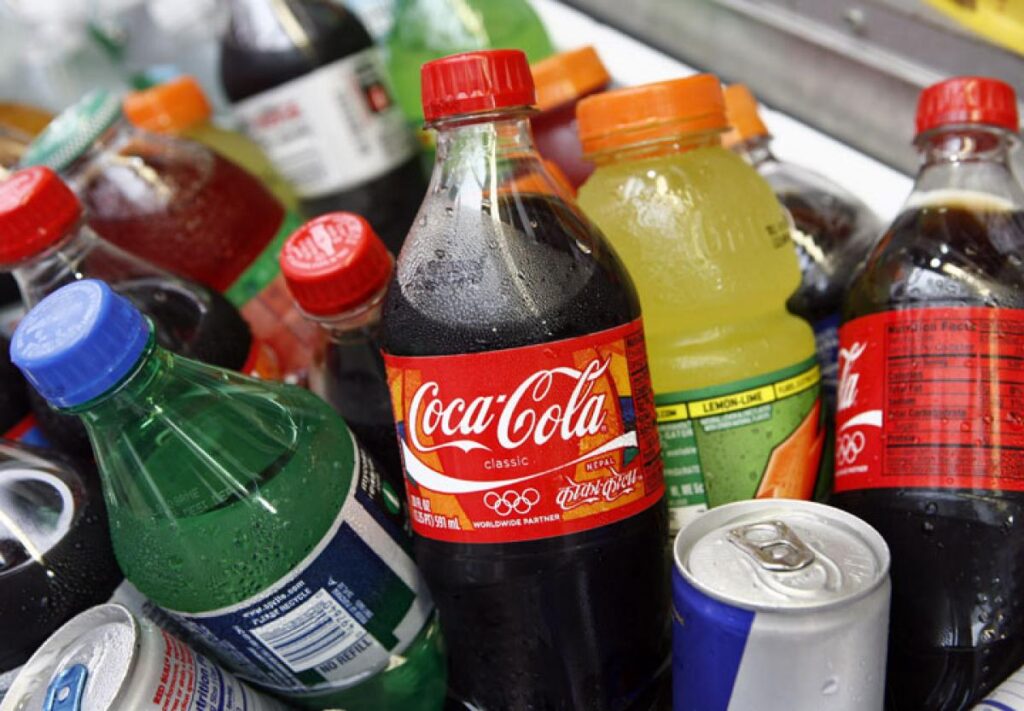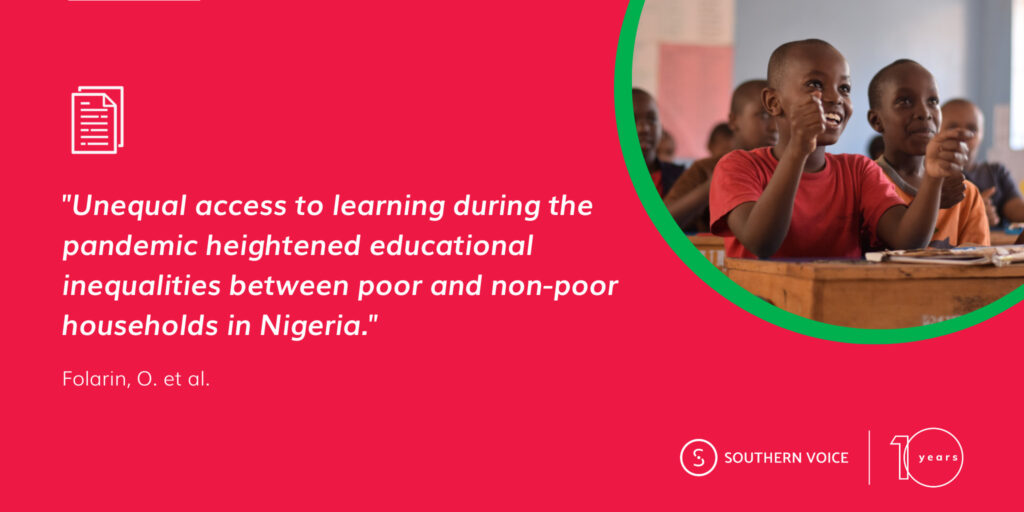Transparency in the procurement process in Nigeria
Governments allocate public funds toward social goods and services as an essential component of provision of public goods and economic planning. This is facilitated through public procurement, which is the process through which the government acquires works, goods, and services from the private sector. The estimate among OECD countries shows that public procurement accounts for a 12.9% share of the Gross Domestic Product (GDP) in 2021. In developing countries, public procurement was estimated to be around 30% of the GDP and represented more than 30% of total government spending before the outbreak of the COVID-19 pandemic. In 2016, the annual expenditure on procurement in Nigeria was estimated to range from 10% to 25% of GDP.
This brief was first published by Brookings


 English
English
 Arab
Arab
 Deutsch
Deutsch
 Português
Português
 China
China




